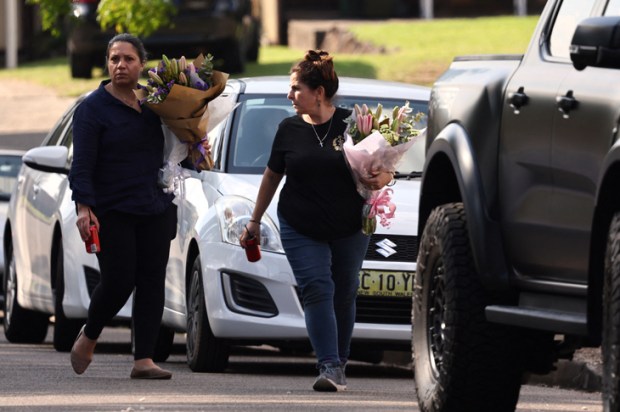Behind the incident of Anna Soubry being called a Nazi by a small group of Leave yobs beside College Green lies a classic Brexit sequence of events. For many months now, Remain protestors have infested that area. Their numbers are small, but they are well trained to insert themselves and their banners into relevant live television interviews, and have been praised by the Guardian for doing so.
Already a subscriber? Log in
Get 10 issues
for $10
Subscribe to The Spectator Australia today for the next 10 magazine issues, plus full online access, for just $10.
- Delivery of the weekly magazine
- Unlimited access to spectator.com.au and app
- Spectator podcasts and newsletters
- Full access to spectator.co.uk
Or
Unlock this article
You might disagree with half of it, but you’ll enjoy reading all of it. Try your first month for free, then just $2 a week for the remainder of your first year.















Comments
Don't miss out
Join the conversation with other Spectator Australia readers. Subscribe to leave a comment.
SUBSCRIBEAlready a subscriber? Log in